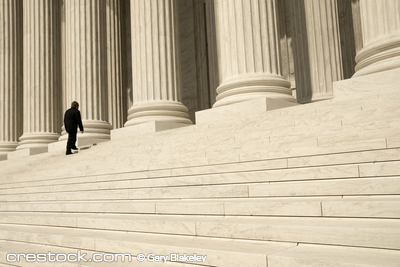Podcast: Play in new window | Download
DC Public Safety Radio and Television won the Government Customer Service Community of Practice (Cgov) 2014 Overall Excellence and Best Use of technology Awards. See conta.cc/1qiBV74 .
DC Public Safety won awards for best podcast and audio from the National Association of Government Communicators in 2014, see .
DC Public Safety Television won three awards for public affairs television in 2014 from CTV and DCTV.
Welcome to “DC Public Safety” – Radio and television shows, blog and transcripts on crime, criminal offenders and the criminal justice system.
We received 230,000 visits in 2014.
Page views range from 653,000 to 1.4 million a year.
This is radio show 234.
The portal site for “DC Public Safety” is http://media.csosa.gov
Transcript available at http://media.csosa.gov/podcast/transcripts/2015/03/superior-courts-drug-court-program-in-washington-d-c/
Subscribe to “DC Public Safety” through iTunes.
Current Radio Program:
The program interviewed the Honorable Gregory Jackson, Associate Judge, Superior Court of the District of Columbia who presides over the Drug Court program and “Gene,” a graduate of the program.
The Superior Court Drug Intervention Program (“Drug Court”) is a special court calendar designed to handle cases involving substance dependant or addicted defendants with nonviolent misdemeanor and low-level felony charges. The Drug Court is managed by the Pretrial Services Agency. The program offers participants a comprehensive approach to address their addiction or dependency. Drug Court includes supervision, drug testing, treatment services, and immediate sanctions and incentives.
The website for the DC Courts is http://www.dccourts.gov/internet/ ; the courts’ webpage on Drug Court is: http://www.dccourts.gov/internet/public/aud_criminal/drugcourt.jsf .
Transcript at http://media.csosa.gov/podcast/transcripts/2015/03/superior-courts-drug-court-program-in-washington-d-c/
Special Announcements:
A top priority for Attorney General Eric Holder’s Department of Justice is to invest in scientific research to ensure that the Department is both tough and smart on crime. The Office of Justice Programs’ CrimeSolutions.gov website shapes rigorous research into a central, reliable, and credible resource to inform practitioners and policy makers about what works in criminal justice.
A new website lists and evaluates prisoner re-entry programs nationwide. Launched by the Urban Institute, the Council of State Governments, and the John Jay College of Criminal Justice Prisoner Reentry Institute, the “What Works Clearinghouse” can be seen at http://nationalreentryresourcecenter.org/what_works.
The National Reentry Resource Center is a project of the Bureau of Justice Assistance, Office of Justice Programs, US Department of Justice. Please see the Center’s website at http://www.nationalreentryresourcecenter.org/. Please see “Federal Interagency Reentry Council Launches Website, Releases Myth-Buster Series” on the front page of the site (see announcements). CSOSA is a member of the Council. Several requesters have asked for national research on reentry.
The Office of Justice Program’s National Institute of Justice reentry research portfolio supports the evaluation of innovative reentry programs. To access these studies and NIJ’s entire reentry research portfolio visit www.nij.gov/nij/topics/corrections/reentry/welcome.htm .
The Office of Violence Against Women offers stalking response tips for corrections, prosecutors, judges, law enforcement, victims and victim advocates. They are posted on OVW’s website at www.ovw.usdoj.gov .
The National Institute of Corrections Information Center is one of the largest repositories for corrections research and information in the country. See www.nicic.gov/Library.
Court Services and Offender Supervision Agency:
We welcome your comments or suggestions at leonard.sipes@csosa.gov.
The website for the Court Services and Offender Supervision Agency is http://www.csosa.gov/.
The program is hosted by Leonard Sipes. The producer is Timothy Barns.
Comments offered on “DC Public Safety” television and radio programs are the opinions of participants and do not necessarily represent the policies of CSOSA or other government agencies.



